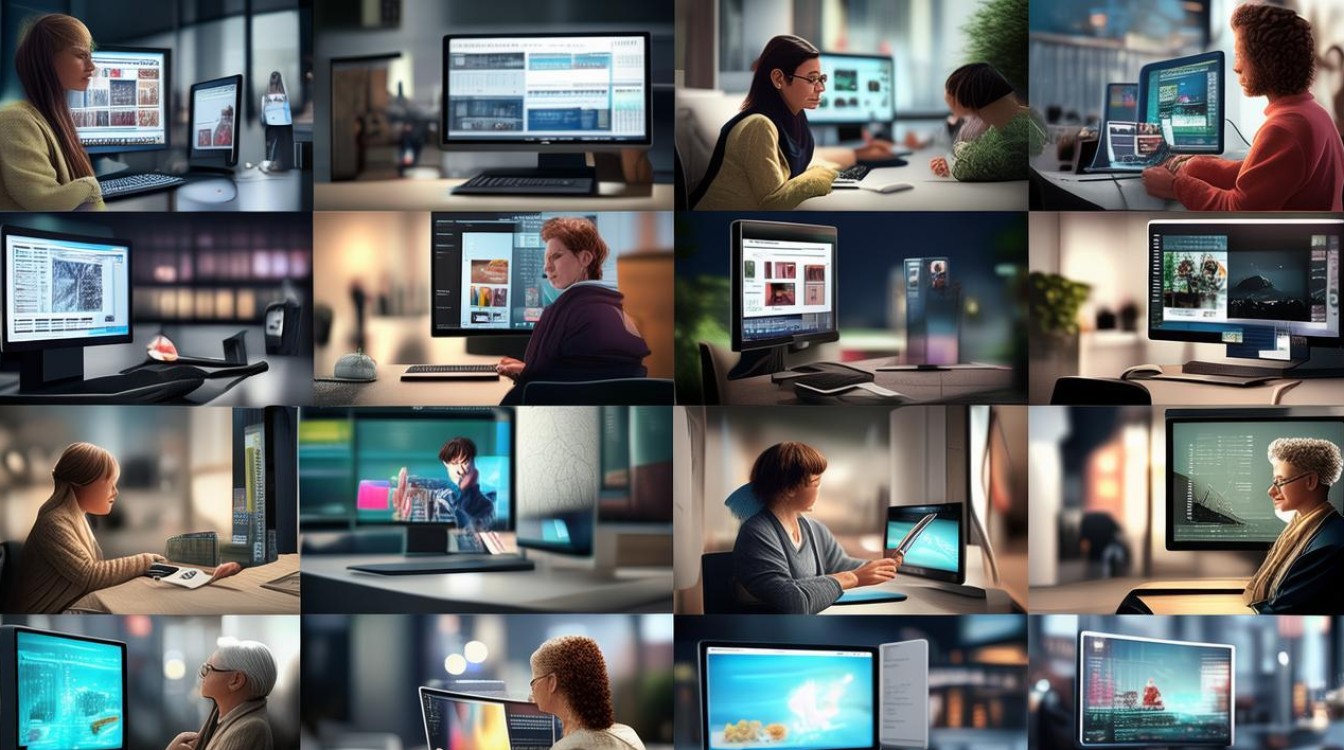Computers have become an essential part of our daily lives, transforming the way we work, communicate, and access information. From education to business, healthcare to entertainment, these powerful machines have revolutionized nearly every aspect of modern society. Understanding their significance helps us appreciate how much they contribute to efficiency, innovation, and global connectivity.

The Evolution of Computers
The history of computers dates back to the early 20th century when mechanical devices were used for basic calculations. Over time, advancements in technology led to the development of electronic computers, which became faster, smaller, and more efficient. The invention of microprocessors in the 1970s marked a turning point, making personal computers accessible to the general public. Today, we have powerful laptops, tablets, and smartphones that perform complex tasks in seconds.
Modern computers are not just tools for computation; they serve as gateways to vast amounts of information. The internet, powered by computer networks, allows instant communication across continents. Cloud computing enables businesses to store and process data remotely, increasing productivity and reducing costs. Artificial intelligence and machine learning are pushing boundaries, creating systems that can learn, adapt, and make decisions independently.
Computers in Education
Education has greatly benefited from computer technology. Online learning platforms provide students with access to courses from top universities worldwide. Digital textbooks and interactive software make learning more engaging and personalized. Teachers use multimedia presentations and virtual simulations to explain complex concepts effectively.
Research has also become more efficient with computers. Students and scholars can access academic journals, databases, and e-books within seconds. Collaboration tools like video conferencing and shared documents allow group projects to be completed seamlessly, even when participants are in different locations.

The Role of Computers in Business
Businesses rely heavily on computers for operations, communication, and decision-making. Companies use specialized software for accounting, project management, and customer relationship management. E-commerce platforms enable businesses to reach global markets, while digital marketing tools help target the right audience.
Automation has streamlined manufacturing and logistics, reducing human error and increasing efficiency. Data analysis tools allow companies to track trends, forecast demand, and make informed strategic decisions. Remote work, made possible by computers, has become a standard practice, offering flexibility to employees and reducing overhead costs for employers.
Computers in Healthcare
The healthcare industry has seen remarkable improvements due to computer technology. Electronic health records (EHRs) store patient information securely, making it easier for doctors to access medical histories. Advanced imaging technologies, such as MRI and CT scans, rely on powerful computers to produce detailed images for diagnosis.
Telemedicine allows patients to consult doctors remotely, improving access to healthcare in rural areas. Researchers use computers to analyze vast datasets, accelerating drug discovery and medical breakthroughs. Wearable devices monitor health metrics in real-time, helping individuals track fitness and detect potential health issues early.

Entertainment and Social Connectivity
Computers have reshaped entertainment, offering endless options for movies, music, and gaming. Streaming services provide instant access to films and TV shows, while digital music platforms allow users to listen to their favorite songs on demand. Video games have evolved into immersive experiences with realistic graphics and online multiplayer modes.
Social media platforms, powered by computers, connect people across the globe. Friends and family can stay in touch through messaging apps, video calls, and shared posts. Online communities bring together individuals with similar interests, fostering collaboration and knowledge exchange.
Challenges and Responsibilities
Despite their advantages, computers also present challenges. Cybersecurity threats, such as hacking and data breaches, require constant vigilance. Excessive screen time can lead to health issues like eye strain and poor posture. The digital divide remains a concern, as not everyone has equal access to technology.
Users must practice responsible computing by protecting personal information, using strong passwords, and staying informed about online scams. Parents and educators should guide children in balancing screen time with physical activity and real-world interactions. Governments and organizations must work towards bridging the digital gap to ensure technology benefits all.

The Future of Computers
The future holds exciting possibilities for computer technology. Quantum computing promises unprecedented processing power, potentially solving problems beyond the reach of traditional computers. Augmented and virtual reality could transform industries like education, healthcare, and retail. The Internet of Things (IoT) will connect everyday devices, creating smarter homes and cities.
As technology evolves, ethical considerations must guide development. Ensuring privacy, preventing misuse of AI, and promoting sustainable computing practices will be crucial. By embracing innovation responsibly, we can harness the full potential of computers to improve lives and drive progress.
Computers are more than just machines; they are catalysts for change, enabling creativity, efficiency, and global collaboration. Their influence will only grow, shaping the way we live, work, and interact in the years to come. Understanding their impact helps us make the most of the opportunities they offer while addressing the challenges they bring.

